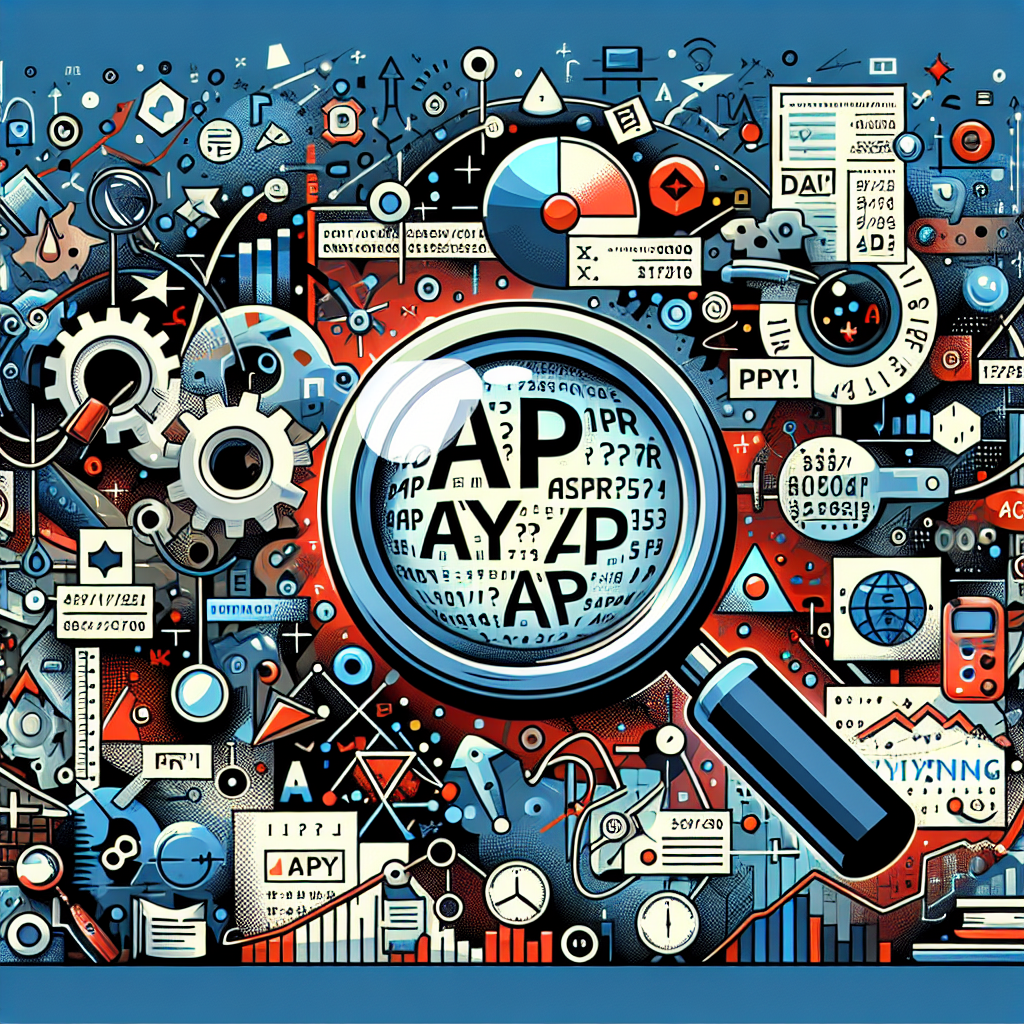The Essence of Convenience Checks
Ever flipped through your credit card statement only to stumble upon a stash of blank checks conveniently slipped inside by your issuer? These are what the financial world dubs convenience checks or credit card checks. They let you tap into your credit line with the ease of a pen stroke—whether it’s for snagging purchases, knocking down other card balances, or drawing cash advances.
Yet, just because your card company dangles these checks in front of you doesn’t necessarily make them a savvy choice. The hefty fees and sky-high interest rates typically tagging along like unwelcome guests with cash advances mean you could be in for a wallet shock bigger than you bargained for.
We’re diving deep into how these checks tick, their cash-out points, the potential pitfalls, credit score implications, and smarter alternatives you might want to weigh up before signing one away.
Decoding Credit Card Convenience Checks
Picture a blank check handed to you alongside your credit card, ready to play the role of your personal cheque. That’s precisely what a credit card convenience check is: a gateway to means of payment directly funneling from your credit card’s line of credit.
Paying with one is straightforward: scribble the check to the merchant for the exact amount and add your signature. Fancy cash in your pocket instead? Make the check out to yourself and redeem it at any place that deals with regular personal checks.
Scoring Your Convenience Checks
Whether convenience checks grace your mailbox depends entirely on your credit card issuer’s generosity. Some providers send them routinely, often bundled with your monthly statement; others reserve these perks for those with sterling credit reputations or issue them sparingly. To snag a set, the simplest route is dialing up the number on your card’s back.
Making the Most of Your Convenience Check
Functioning almost identically to a personal check, convenience checks come into play wherever paper checks hold sway. This means everything from settling rent to covering utility bills or even sending a little cash to friends and kin is fair game.
But heads up: these checks carry a steep price tag. Unlike a standard personal check, the amount you write is usually treated as a cash advance on your credit card, often triggering immediate interest accrual and fees.
Received a convenience check from someone else? It’s wise to wait until the check clears before splurging since credit card companies can decline checks that push your account beyond its credit boundaries.
Being patient for these checks to clear also shields you from scams targeting hold times. Both your bank and credit card issuer need a moment to verify the check’s authenticity and your credit line’s capacity to cover it. Urgently needing cash? Requesting a direct cash advance might be a speedier fix.
Perks of Using Convenience Checks
- Access Where Cards Fail: In spots that don’t take credit cards—like some landlords—convenience checks let you pay up without missing a beat.
- Cash Access Without a Bank Account: If your debit card or checking account is out of reach, these checks let you turn your credit line into cold hard cash.
- Debt Juggling: They can be a tool for balance transfers to manage or consolidate debt.
Quick Fact
According to recent data, nearly 25% of credit card holders have received convenience checks at some point. However, the average APR on cash advances tied to such checks can soar above 25%, often with upfront fees from 3% to 5% of the amount withdrawn.
The Pitfalls Lurking Behind Convenience Checks
Convenience checks shadow the nature of cash advances, meaning they come shackled with advance fees, premium interest rates, and often stricter payback terms. Unlike regular card purchases that might offer a grace period, interest on these checks kicks in the moment you sign them.
Without built-in safeguards, it’s not uncommon to accidentally write a check that overshoots your credit limit. To dodge spiraling debt, keeping the amounts modest and repaying swiftly is essential.
The Credit Score Conundrum
Writing a convenience check won’t automatically ding your credit score; however, how you manage the resulting balance most certainly can. Maxing out your credit or missing payments on amounts produced by these checks can hit your score hard.
Always play it safe by staying within your credit limit and ensuring you can clear the owed sum, interest included, to keep your financial health intact.
Wiser Alternatives to Convenience Checks
In need of quick cash but wary of the steep costs tied to convenience checks? Exploring other avenues before grabbing that pen might save you some serious dough:
- Balance Transfer Credit Cards: These often come with 0% introductory interest periods, which can dramatically trim down what you pay.
- Personal Loans: Offering fixed rates and predictable payments, personal loans can be a more affordable way to borrow.
- Borrow from Friends or Family: This route could be less costly, but be sure to lay down clear repayment terms and honor them to avoid awkwardness.
- Boost Your Income: Close to 40% of Americans juggle side gigs—whether launching a small venture or joining ride-share services—to plug cash flow gaps efficiently.
Additionally, reaching out to your card issuer might reveal hardship programs or payment plans that aren’t widely advertised. Financial counseling services are also a valuable ally for budgeting, bill management, and steering your fiscal ship back on course.


